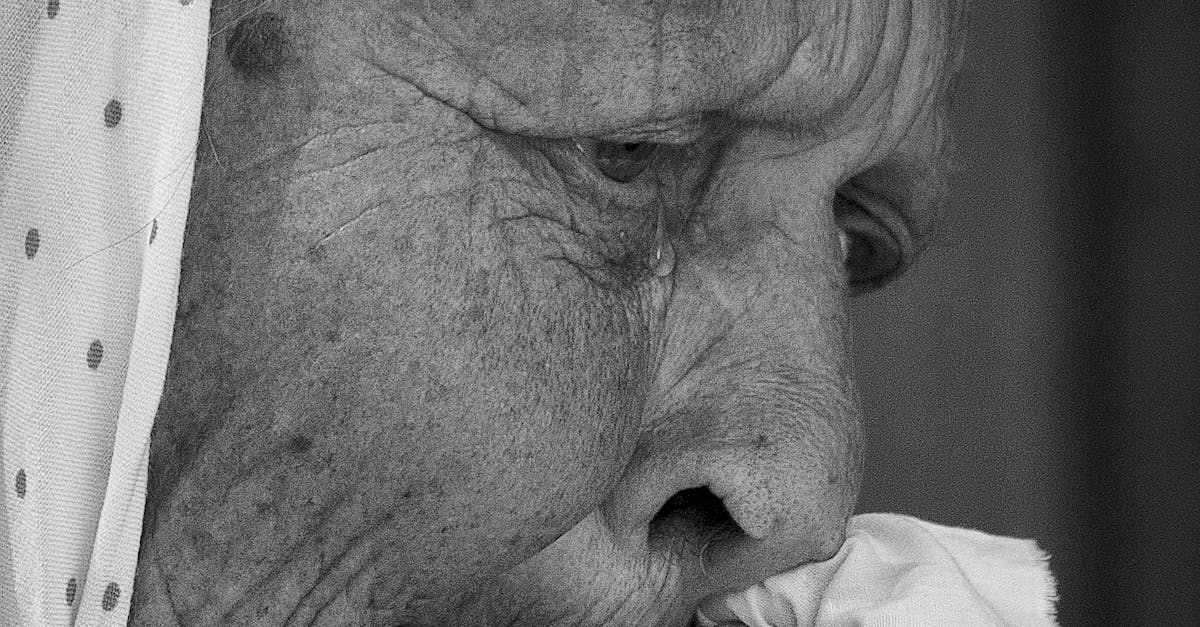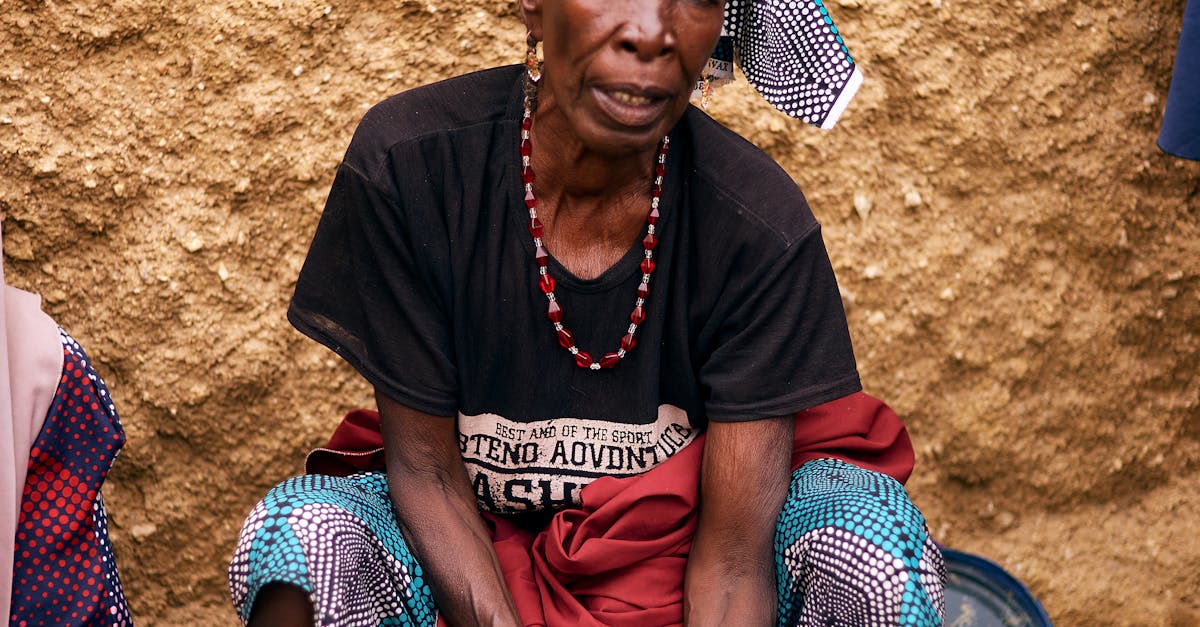Pong Dam Sanctuary
-
Pong Dam Lake Wildlife Sanctuary in Himachal Pradesh, India (also known as Maharana Pratap Sagar), saw a record-breaking 153,719 birds of 97 species during the 2025 annual bird count. This is an 83,555 bird increase from 2024.
-
The sanctuary, a Ramsar site since 2002, is one of the largest man-made wetlands in Northern India, covering nearly 307 sq km.
-
Lower water levels in the lake exposed more feeding grounds, attracting more migratory birds from regions like the Trans-Himalayan range, Tibet, Central Asia, Russia, and Siberia.
-
Dominant species included Eurasian Coots, Common Pochards, Common Teals, and Northern Pintails; rarer species like the Greater White-fronted Goose and Red Crested Pochard were also observed.
-
The sanctuary’s location on the trans-Himalayan flyway contributes to its rich biodiversity, with over 220 bird species and 54 waterfowl species identified. Mammals such as sambar deer, barking deer, wild bears, and leopards also inhabit the area.
-
A new Interpretation Centre was inaugurated to educate visitors about the wetland’s ecological importance.
-
The successful bird count highlights the collaborative conservation efforts of the Himachal Pradesh Forest Department, the Bombay Natural History Society, the Wildlife Institute of India, and local communities. The ongoing monitoring is crucial given shifting migratory patterns due to climate change.
Wattii Rhododendron
-
Rhododendron wattii, a small tree (up to 25 feet), is critically endangered.
-
Endemic to Manipur and Nagaland, it’s primarily found in Dzukou Valley (Nagaland).
-
A recent study in the Journal of Threatened Taxa highlighted the species’ plight, focusing on a lone remaining tree in Dzukou Valley.
-
The tree’s flowering occurs from late February to April; fruiting from April to December. Pink flowers attract fire-tailed sunbirds and bumblebees for pollination.
-
Low natural regeneration is a major concern, due to poor seedling survivability, human activities (anthropogenic activities), and wildfires.
-
The species is vulnerable due to population fragmentation and a small occupancy area.
-
Conservation efforts are urgently needed to protect its remaining habitat. A contrast is drawn with the discovery of a new orchid species (Phalaenopsis wilsonii) in Manipur.
Kanjar Tribe
-
A teenage member of the Kanjar tribe was beaten to death by fellow tribe members in Bihar, India. The motive is unclear, but alcohol may have been a factor.
-
The Kanjar are a nomadic tribe found in North India, Kashmir, and Pakistan, primarily inhabiting the Indus River valley and Punjab.
-
Historically, they were labeled a “criminal tribe” during British colonial rule, a designation later removed.
-
They are a largely undocumented population; accurate demographic information is lacking in both India and Pakistan.
-
The Kanjar have no permanent homes and travel, historically engaging in occupations such as hunting, fishing, basket weaving, and entertainment. Currently, they are known to sell herbal medicines.
-
Their nomadic lifestyle makes them difficult to track and poses challenges for law enforcement.
-
The Kanjar speak Kanjari, a language related to Indo-Aryan Prakrits and Romani. They also speak Hindi, Urdu, Punjabi, and Sindhi.
-
Chakri is a popular folk dance of the Kanjar tribe.
-
No complaint has been filed regarding the murder, and tribe members are remaining silent, hindering the investigation. Police are using CCTV footage to identify suspects.
Pinaka Rocket Launch
- ₹10,147 crore contract signed for Pinaka MRLS ammunition.
- Ammunition includes Area Denial Munition (ADM) Type-1 and enhanced High Explosive Pre-Fragmented (HEPF)-Mk-1 rockets.
- ADM Type-1 targets mechanized forces over a large area.
- Enhanced HEPF-Mk-1 rockets have extended range for precise, lethal strikes.
- Shakti software upgrades also contracted.
- Pinaka MRLS is a battle-proven, all-weather artillery system.
- Developed by DRDO’s ARDE, first used in Kargil War.
- Each launcher carries 12 rockets; a battery has six launchers (72 rockets).
- Range: 60-75 km (with potential for upgrades to 120 km and 300 km).
- Guided Pinaka version uses INS/GPS navigation for precision.
- Mounted on a Tatra truck for mobility.
- The Indian Army has four Pinaka regiments in service, with six more on order.
- Contracts stimulate Indian MSMEs.
- News is significant due to substantial investment in boosting firepower and range of a key artillery system.

Dibru Saikhowa Park
-
Dibru Saikhowa National Park, located in Assam, India, is a crucial biodiversity hotspot, encompassing a large salix swamp forest and diverse flora and fauna. It’s also an Important Bird Area (IBA).
-
The park is currently in the news due to a controversial proposal for extended reach drilling (ERD) technology research within its boundaries.
-
The Oil and Natural Gas Corporation (ONGC) and the Petroleum Ministry proposed this research to study the technology’s environmental impact.
-
The Forest Advisory Committee (FAC) initially rejected drilling proposals in the park due to Supreme Court orders prohibiting mining in protected areas.
-
However, the FAC recently approved an R&D proposal for ERD, conditional on its use solely for research, following the Wildlife Institute of India’s (WII) assertion that impact assessment requires actual drilling.
-
The decision to bypass the standard online submission process for the R&D proposal has raised concerns.
-
Concerns exist regarding potential oil spills and the long-term ecological consequences of drilling, even with ERD technology, given the park’s proximity to the Brahmaputra River.
-
The park’s significance lies in its conservation of the white-winged wood duck, among other endangered species. Its diverse vegetation includes moist mixed semi-evergreen and deciduous forests. Its fauna includes tigers, elephants, and numerous bird species.
Grameen Score
-
Grameen Credit Score Launched: India’s Finance Minister announced the Grameen Credit Score in the 2025 Union Budget.
-
Purpose: To integrate Self-Help Group (SHG) transactions into India’s central credit system, enabling better creditworthiness assessments by financial institutions.
-
Target: To promote financial inclusion for women entrepreneurs in SHGs, supporting their business growth.
-
Impact: This score will significantly change how the creditworthiness of millions of women in rural India is assessed.
-
Benefits:
- Enhanced Financial Access: Opens new financial opportunities, allowing women to expand businesses and improve livelihoods. Introduces concepts like credit cards and loan repayment.
- Customized Financial Products: Introduction of credit cards for micro-enterprises, with limits up to ₹5 lakh.
- Improved Credit Assessment: Bridges gaps in the current system, giving SHG members a digital framework to check and improve their credit scores and understand their credit limits.
- Economic Stability: Increased credit availability will enable women-led SHGs to contribute more effectively to their households and propel growth in rural communities.
-
Definitions:
- Self-Help Groups (SHGs): Informal groups addressing common problems and improving living standards.
- Credit Score: An indicator of consistent debt repayment.
- Financial Inclusion: Providing individuals and businesses with access to affordable financial services in a responsible and sustainable way.
Jevons Paradox
-
Jevons Paradox: Increased efficiency in resource use often leads to increased consumption of that resource, not decreased.
-
Origin: Proposed by William Stanley Jevons in his 1865 book, “The Coal Question,” observing that technological advancements in coal use led to increased, not decreased, coal consumption.
-
Mechanism: Efficiency improvements lower the cost per unit, making the resource more affordable and thus increasing demand. This is a form of induced demand.
-
Examples:
- Fuel-efficient vehicles: Lower cost per mile driven leads to more miles driven, negating some fuel savings.
- Energy-efficient appliances: Lower operating costs encourage increased use.
- Digital technology: Increased efficiency of computing has led to a surge in energy consumption due to the proliferation of devices and data centers.
-
Current Relevance: Microsoft CEO Satya Nadella’s recent comments highlight the paradox’s potential impact on AI. Increased AI efficiency may lead to increased demand and consumption, potentially offsetting environmental benefits.
-
Underlying Principle: Technological progress satisfies previously unmet demands, rather than simply reducing consumption of existing resources.
GREAT Scheme
-
The GREAT (Grant for Research & Entrepreneurship across Aspiring Innovators in Technical Textiles) scheme provides grants to startups in the technical textiles sector.
-
Launched in August 2023, it’s part of the National Technical Textiles Mission (NTTM).
-
Aims to boost India’s technical textile startup ecosystem and self-reliance.
-
Supports individual entrepreneurs and startups developing functional prototypes or commercializing technologies across various technical textile applications (agro-textiles, medical textiles, etc.).
-
Offers grants of up to Rs 50 lakh for up to 18 months.
-
Falls under the Research, Development, and Innovation component of NTTM, which also includes Promotion and Market Development, and Education, Training, and Skill Development.
-
The NTTM aims to make India a global leader in technical textiles.
-
Recently, four startups received grants under the GREAT scheme.
-
Technical textiles are materials and products valued for their performance and functional properties, not just aesthetics.

ICC: Justice on Trial
-
The International Criminal Court (ICC) is a permanent international tribunal established in 2002 to prosecute individuals for genocide, war crimes, crimes against humanity, and the crime of aggression. It’s a court of last resort.
-
The ICC’s jurisdiction is defined by the Rome Statute, which only 125 countries have ratified. Notable non-members include the US, China, Russia, and Israel.
-
The ICC investigates and prosecutes individuals, unlike the International Court of Justice (ICJ), which handles disputes between states. The ICC can only act if national courts are unable or unwilling, and only for crimes committed after July 1, 2002.
-
The US, under President Trump, imposed sanctions on the ICC in February 2025 due to investigations into Israel’s actions in Gaza following the October 2023 Hamas attack. The US and Israel are not ICC members.
-
The sanctions target ICC officials involved in issuing arrest warrants for Israeli Prime Minister Benjamin Netanyahu and others, accused of war crimes.
-
The US action is criticized by human rights groups, who argue it hinders justice for victims of human rights abuses and infringes on free speech. Previous US sanctions on ICC officials were lifted under President Biden.

















